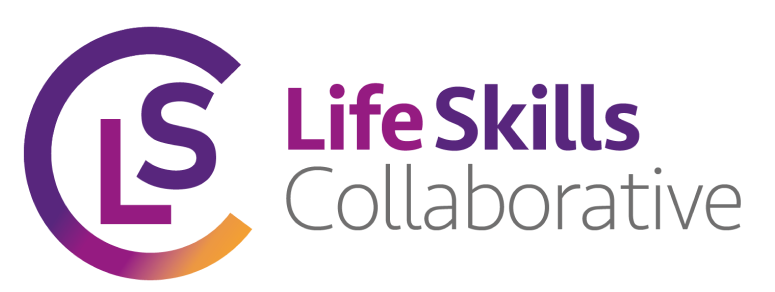- /
- /
-
Building Emotional Intelligence in Young People through Life Skills
Building Emotional Intelligence in Young People through Life Skills

Emotional Intelligence (EI), also referred to as Emotional Quotient (EQ), gained popularity in 1995 with Daniel Goleman’s best-selling book of the same name. The science journalist and author explained EI as an array of skills that drive leadership performance.
Over the years, EI has come to be regarded as an essential quality not just for leaders, but for anyone who engages with people in a work or social setting. Unlike Intelligence Quotient (IQ), which focuses on intellectual knowledge, EI refers to an individual’s level of emotional understanding with self and other people. Individuals with high EI have essential skills that are needed to navigate life’s challenging situations and exhibit positive behaviour. These individuals can communicate effectively, manage stress, empathise with others, overcome challenges, and resolve conflict with ease. In short, high EI individuals are more likely to thrive and succeed in life.
Importance of Emotional Intelligence for Young People
COVID-19 and the ensuing lockdown were emotionally and psychologically distressing for everyone, especially for young adults, all over the world. Home confinement, virtual mode of learning, loss of social circles, and the shrouding uncertainty around their futures added to the existing stress of being a student.
The Institute of Health and Human Potential defines EI as the ability to ‘recognize, understand and manage our own emotions’ and, ‘recognize, understand and influence the emotions of others.’ The abilities to recognise and understand emotions can be built through life skills like self-awareness, self-compassion, self-management, emotional regulation and coping with stress. In the same manner, life skills training for empathy, compassion, leadership, and relationship management can help build amicable connections with others by understanding and influencing their emotions.
A 2012 experimental study on medical students of Mazandaran University, Iran1 demonstrated that students with life skills training developed higher EI scores after imbibing life skills. The study concluded that programs like life skills training increased the EI levels of students, leading to better academic success, improved stress tolerance, and reduced substance abuse.
Now more than ever, young people need to develop life skills to build and strengthen EI. Unlike IQs, EI can be developed and strengthened over time by practising and mastering a set of life skills. Research by TalentSmartEQ also points to a direct connection between high work performances and high EI. To thrive and succeed in life and in the emerging workplace, young people need access to life skills training to develop EI.
EI offers various benefits for young people while navigating life and its various challenges. It enables young people to identify and understand their emotions, manage emotional extremes, and express themselves more effectively. Young people become more compassionate, build stronger connections with family, friends, and peers, and have healthy and happy relationships. Learning life skills like empathy, emotional regulation, problem-solving, decision making, critical thinking, compassion, and coping with stress, among others, helps young people to become emotionally resilient with a stronger and stable EI.
Developing EI from a Young Age with Life Skills Training
To ensure young people are emotionally resilient in our volatile world, EI needs to be part of mainstream learning through life skills training. Learning life skills like empathy, compassion, cognitive flexibility, conflict resolution, self-awareness, self-management, among others, prepares children to be capable adults. Life skills training also helps them navigate their own journey from childhood to teenage, which presents various emotional and psychological challenges. Young people are then better equipped to deal with the changes within and outside and can thrive in life.
Explore the LSC India Glossary here for various life skills that can help build Emotional Intelligence.
———————————————————————————————————————–
- Azimi Lolaty, Hamideh & Ghahari, Shahrbanoo & Tirgari, Abdolhakim & Fard, Jabbar. (2012). The Effect of Life Skills Training on Emotional Intelligence of the Medical Sciences Students in Iran. Indian Journal of Psychological Medicine. 34. 10.4103/0253-7176.108217



